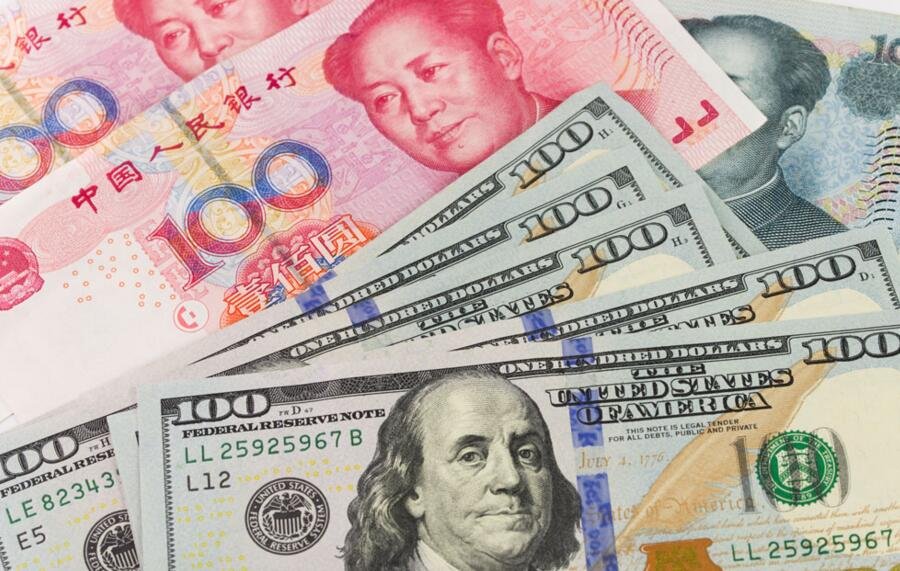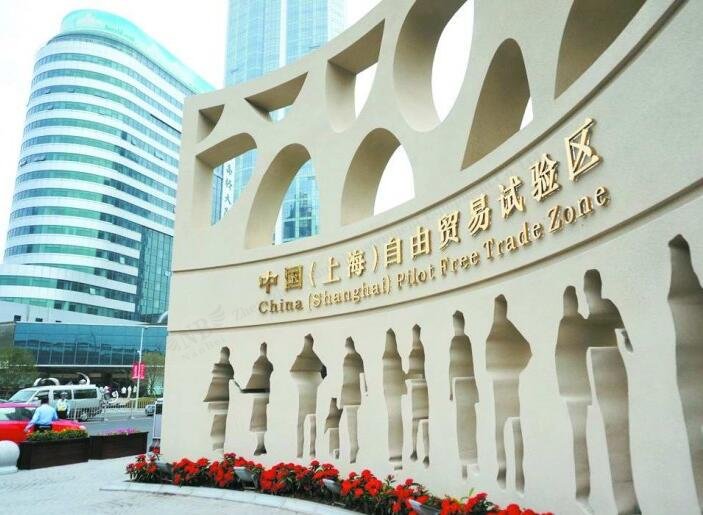The renminbi has come a long way in the past two decades. As recently as 1994, foreign visitors to China were still consigned to using special “foreign exchange certificates” rather than local currency. Only select stores and restaurants were permitted to accept them.
Progress has been even swifter since July 2005, when the Chinese government announced it was removing the currency’s tight peg to the US dollar.
Since then the renminbi has appreciated more than 30 per cent against the dollar and the central bank has scaled back its intervention in the foreign exchange market. Rmb trade settlement is rising, with 20 per cent of China’s merchandise trade settled in its own currency in 2014.
Yet the recent boom-bust cycle in the Chinese stock market has renewed doubts among foreign investors about the wisdom of allocating large sections of their portfolios to renminbi assets.
While most investors can accept market volatility, the government’s heavy-handed response, which has included a ban on sales of equities by big stockholders and trading suspensions affecting thousands of listed companies, has reminded investors that investing in China comes with political as well as financial risks. The prospect of being trapped in an unwanted investment due to ad hoc administrative intervention is not an enticing one.
Yet the long-term trend is still towards increased foreign acceptance of the renminbi for both trade and investment.
Trade settlement has also facilitated the accumulation of renminbi outside China. Offshore renminbi centres, led by Hong Kong, have sprung up in financial areas such as Singapore, London and Frankfurt, allowing governments and a broad range of companies to issue renminbi bonds.
Capital controls restricting portfolio investment into and out of China have also been on a loosening trend, notably through the launch of the Shanghai-Hong Kong stock connect last November. Even as the International Monetary Fund considers whether to endorse the renminbi as an official reserve currency, more than 60 central banks have already invested in renminbi assets, according to Standard Chartered.
In July, the central bank widened access to its vast domestic bond market for foreign central banks, sovereign wealth funds and multilateral financial institutions such as the World Bank. These institutions no longer require licences to invest in Chinese interbank bonds, as well as money market instruments such as repurchase agreements. Total foreign participation will still, however, be subject to a quota.
Outbound foreign direct investment is now subject to greatly reduced regulation, as China encourages domestic companies to “go out”. Foreign mergers, acquisitions and greenfield investments by Chinese companies below a certain threshold, typically $100m, no longer require approval from the foreign exchange regulator.
For inbound FDI, many sectors of the Chinese economy remain restricted to foreigners, or off limits entirely, but the approval process is easier than before for sectors where investment is allowed.


